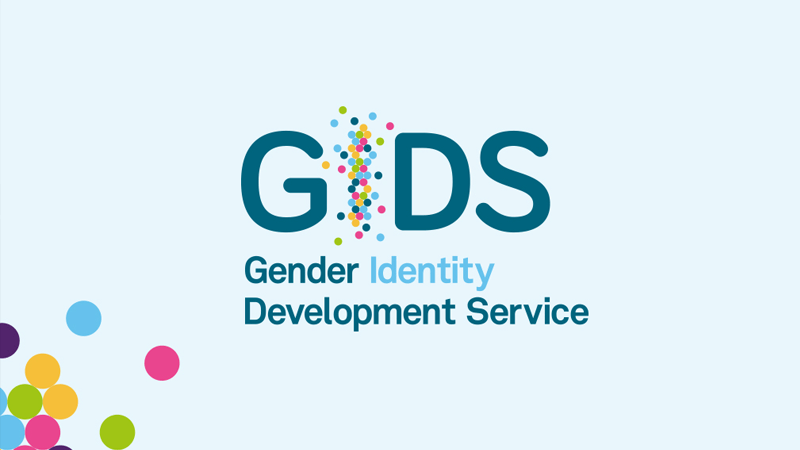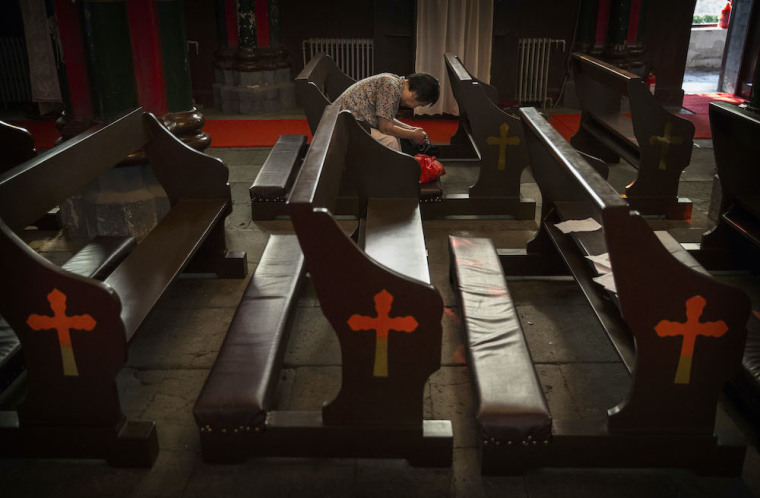By Lord Alton of Liverpool
The Middle East and North Africa (MENA) region has seen a significant decline in religious diversity in recent years. While ancient Christian communities have often suffered, practically no religious group has been safe from this ongoing tragedy, with Ahmadis, Baha’is, Jews, Yazidis and Zoroastrians all affected, as well as both Shia and Sunni Muslims. For a host of reasons, in several countries in the region, minority communities who have deep roots going back several generations are being forced to leave their ancestral lands.
Iraq and Syria: Unending violence
Since 2003, the numbers of Christians and Yazidis in Iraq have both dropped significantly. Thousands have been killed and hundreds of thousands have emigrated because of terrorism and sectarian violence. They will never return.
In 2014, the Islamic State (IS) captured Mosul and the Nineveh Plains. Thousands of non-Sunni men, women and children were either killed or enslaved. One study, by the Public Library of Science, estimates that 3,100 Yazidis were killed in a matter of days following the 2014 attack. Tens of thousands of Iraqi Christians subsequently emigrated to neighbouring countries over the following years, with their number now estimated at 250,000, down from 2.5 million before the 2003 invasion.
In July 2017, Mosul and the Nineveh Plains were liberated; however, as I saw for myself during a visit in December 2019, terrorist attacks have continued, and many members of religious minority communities remain unwilling to return to liberated regions due to continued security concerns. For example, less than 20 Christians returned to Mosul – a city once home to nearly 100,000 Christians – after its liberation.
Other minorities in Iraq have also been affected, such as the Mandaean community, of whom only a few thousand remain, as well as Zoroastrians and members of the Kaka’i faith. The deliberate destruction of these ancient religious communities is a tragedy for both their adherents and Iraq’s wider Muslim community.
A similar story is unfolding in neighbouring Syria, where ongoing sectarian violence has resulted in the displacement of half of the country’s population, the vast majority of whom are Sunni Muslims.
Hundreds of thousands of Christians and Yazidis have also fled, with most sources estimating the number of Christians left in Syria to be around 500,000, down from 2 million before 2011. It is also unclear how many, if any, of the very few Jews that once lived in the country remain.
In 2018, Turkey invaded the Kurdish area of Afrin in Northwest Syria, displacing tens of thousands. Among them were 200 Kurdish Christian families who had converted from Islam. The local church was shut and looted by jihadist groups loyal to Turkey. Since then, jihadists have implemented an Islamic system in Afrin. Christians have been arrested and accused of apostasy, often facing threats of execution, and many Yazidi places of worship have been completely destroyed. Yazidi activists have also reported many cases of forced conversion and marriage.
The Syrian civil war has negatively impacted every religious and ethnic community. In areas controlled by Islamist militias, religious minorities have suffered particularly poor treatment. Many have been forced to flee the country due to the hostile living conditions created by these militias, rendering some areas ‘religiously cleansed.’
Turkey: Rising religious nationalism
The situation for human rights in Turkey has worsened significantly since the military coup of 15 July 2016 was thwarted. CSW has reported a sharp increase in anti-Christian sentiment and attacks, and a continuing official crackdown on Christianity in line with a guiding ethos that equates being Turkish with being Muslim.
The current government has increasingly conflated religious and national identities by publicly endorsing a move towards a Sunni Muslim identity for Turkey.

This promotion of ultra-nationalism has contributed to a rise in discrimination and hate speech which encourages violence towards non-Sunni religious communities. Such incitement is visible in a variety of sectors ranging from education, the workplace, and religious practice, through to day-to-day administrative procedures.
Iran: Treated as a threat
In Iran, religious and ethnic minorities have suffered increasing human rights violations since the 1979 revolution. The country is a theocracy where religious minorities are viewed with particular suspicion and treated as a threat by a government seemingly bent on imposing its strict interpretation of Shia Islam on the entire society.
Religious and political leaders continue to speak against Christianity. It is therefore unsurprising that the Christian community experiences repression in various forms. The Iranian intelligence service (MOIS) closely monitors Christian activity and, together with the Revolutionary Guard (IRCG), has raided Christian gatherings in private homes, arresting all in attendance and confiscating personal property. Those arrested have been subjected to intensive and often abusive interrogations.
In June 2018, Christian convert Fatemeh Mohammadi released a letter detailing the sexually abusive interrogation to which she had been subjected when she was arrested and detained in Evin Prison in Tehran. In June 2020, Pastor Yousef Nadarkhani, and Deacon Saheb Fadaie lost their final appeal to overturn the 10-year prison sentences they received in 2017 – instead the sentences were each reduced to six years.

Despite government policy, Christianity has continued to thrive, with some international organisations estimating the number to be above one million.
Christianity, along with Zoroastrianism and Judaism, is at least afforded some legal recognition; however, the situation is arguably worse for other minority religions which are not recognised in law and are afforded no rights under the Iranian Constitution. For example, both the Baha’i and Ahmadiyya communities, neither of which are recognised, face systematic discrimination both within the educational system and the wider society. As a result, thousands of members of these communities have fled the country, as the government appears set on eradicating their religious beliefs.
Egypt: Unaddressed sectarianism
While Christianity and Judaism are protected in Egypt’s constitution, other faiths are not. Atheists, Jehovah’s Witnesses, and the Baha’i have been effectively banned since 1960, when the passage of Law No. 263, issued under President Gamal Abdel Nasser, granted official recognition only to Islam, Christianity and Judaism. These groups face fierce hostility, as does the country’s Ahmadi community, which is obliged to meet solely in private homes. Additionally, adherents of Shi’a Isam are harassed for their religious beliefs, often facing blasphemy charges despite Shi’ism having been declared a legitimate branch of Islam in 1959 by Al-Azhar.
Even with the protections afforded to Christianity in the constitution, and despite the fact that Egypt is home to the largest Christian community in the Middle East and North Africa, Christians in Egypt are targeted in a variety of ways, including attacks on churches and the abduction of women and girls by extremists with the intent of forcing them to marry Muslims. The Christian community also faces historical discrimination by the state, hate speech, intimidation and exclusion in workplaces and educational institutions.
Although there have been noticeable improvements in the treatment of the Christian community during President Sisi’s time in office, sectarian incidents continue to occur in certain localities. Such incidents are usually resolved through extra-legal community reconciliation sessions, which are generally characterised by bias and unbalanced rulings that deprive victims, primarily Christians, of justice.
Conclusion
Religious minorities across the MENA region continue to be targeted with a range of violations in a host of different contexts. In more recent times this repression has been heightened by the rise of IS, leading to a dispersal of minority communities, who are often left with no alternative but to leave their homes in pursuit of refuge and acceptance elsewhere.
This is often a double-edged sword: not only has it chipped away at the existence of the rich cultural heritage of minority groups which constituted a much larger portion of the population of many Middle Eastern countries; it also has the potential to hinder the growth of the faith for current and future generations.
Such a loss of religious diversity would be devastating. Those who seek to create monochrome societies, incapable of respecting difference, must be made to understand that such intolerance undermines and impoverishes society, and is invariably a harbinger of the erosion of other freedoms and rights cherished by people of all faiths and none.
Source: forbinfull.org







